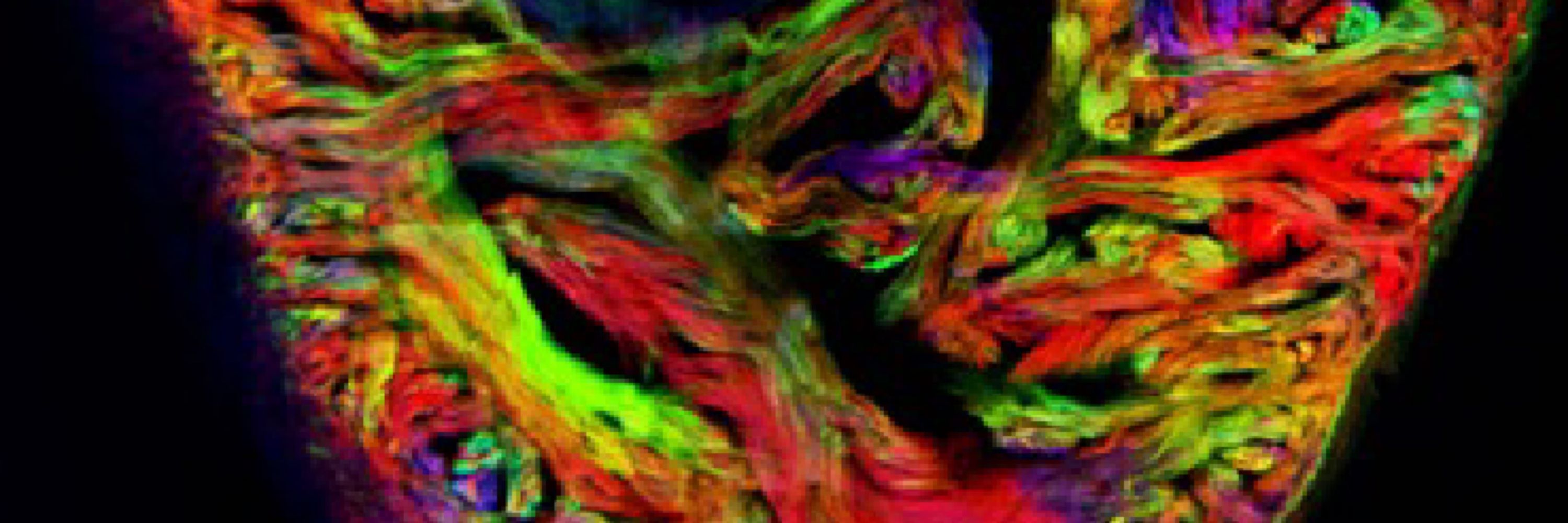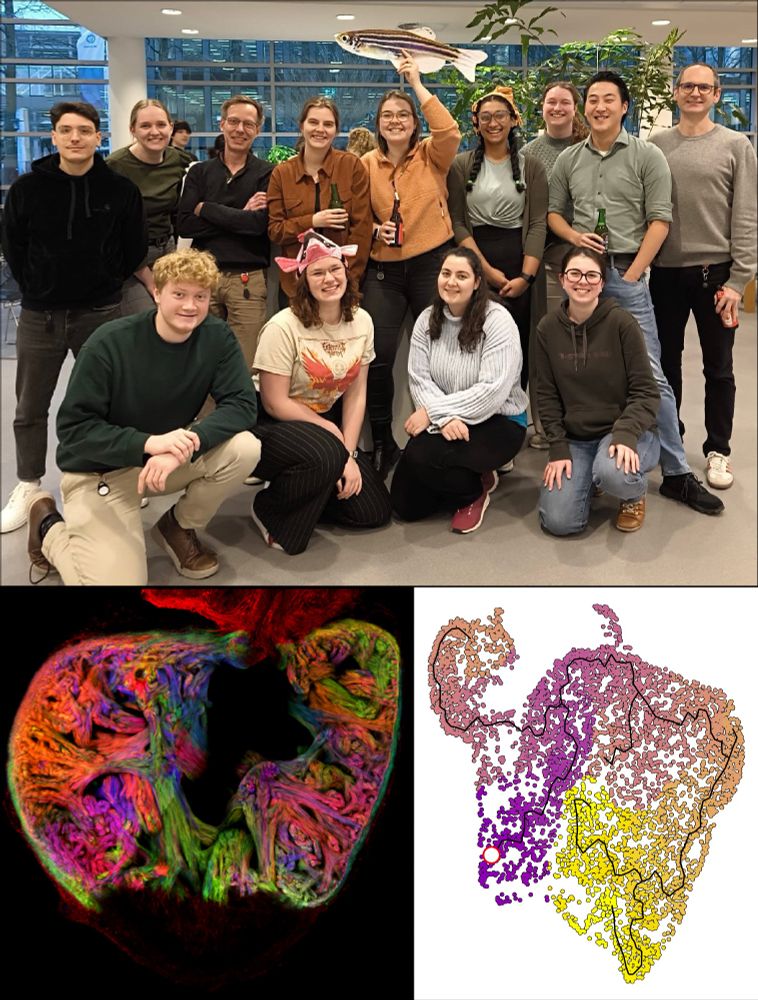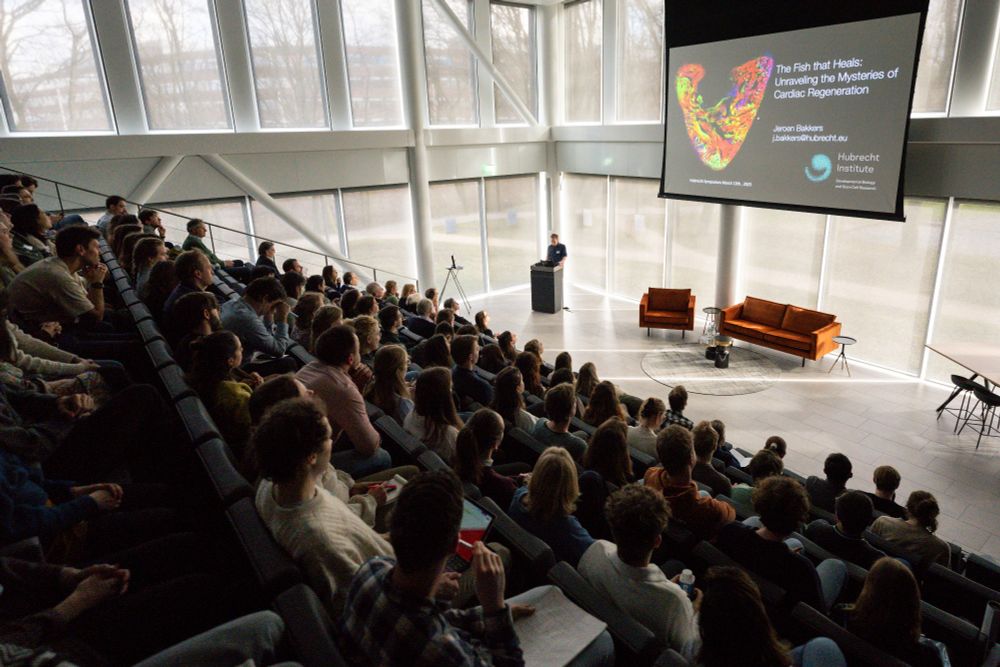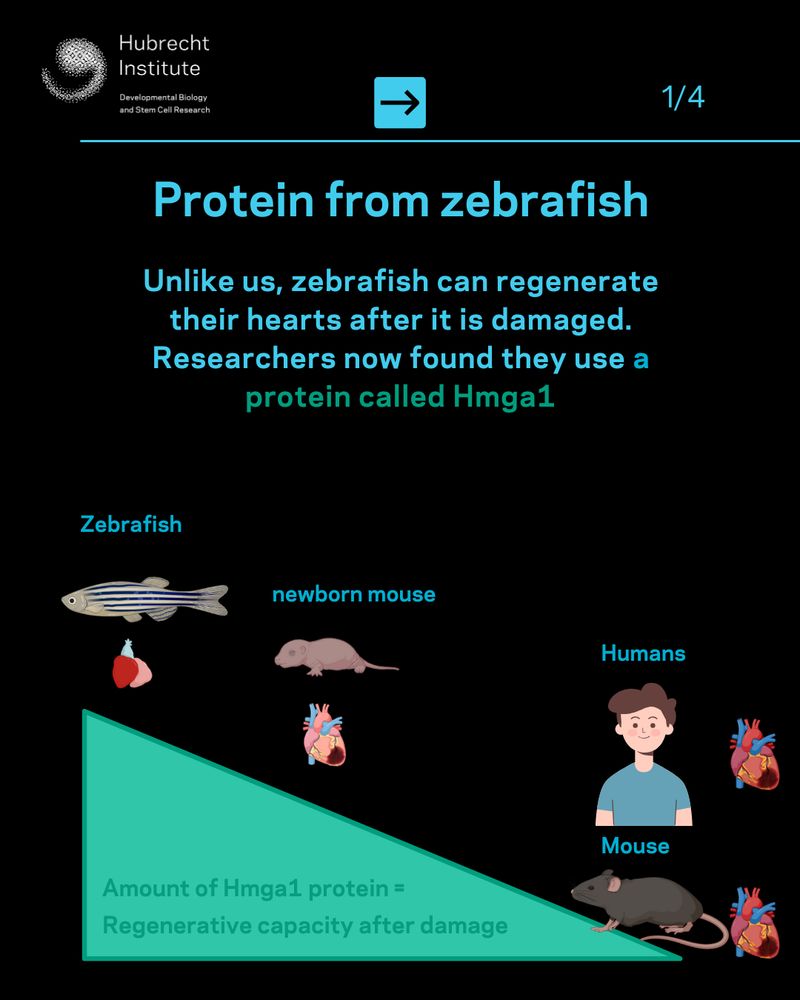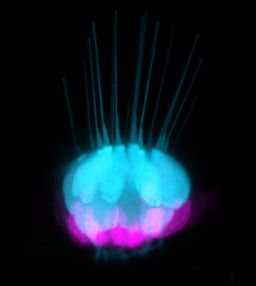Jeroen Bakkers
@bakkerslab.bsky.social
600 followers
100 following
17 posts
We study cardiac development, disease and regeneration and are located at the Hubrecht Institute in The Netherlands
Posts
Media
Videos
Starter Packs
Jeroen Bakkers
@bakkerslab.bsky.social
· Jun 11
Jeroen Bakkers
@bakkerslab.bsky.social
· Mar 14
Reposted by Jeroen Bakkers
Reposted by Jeroen Bakkers
